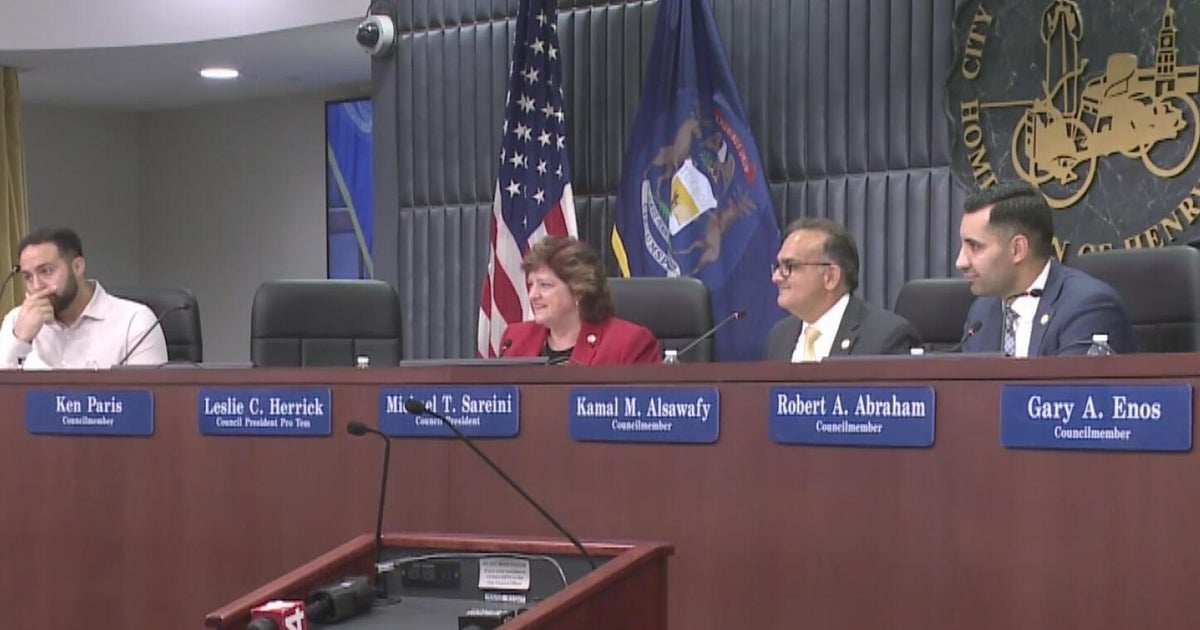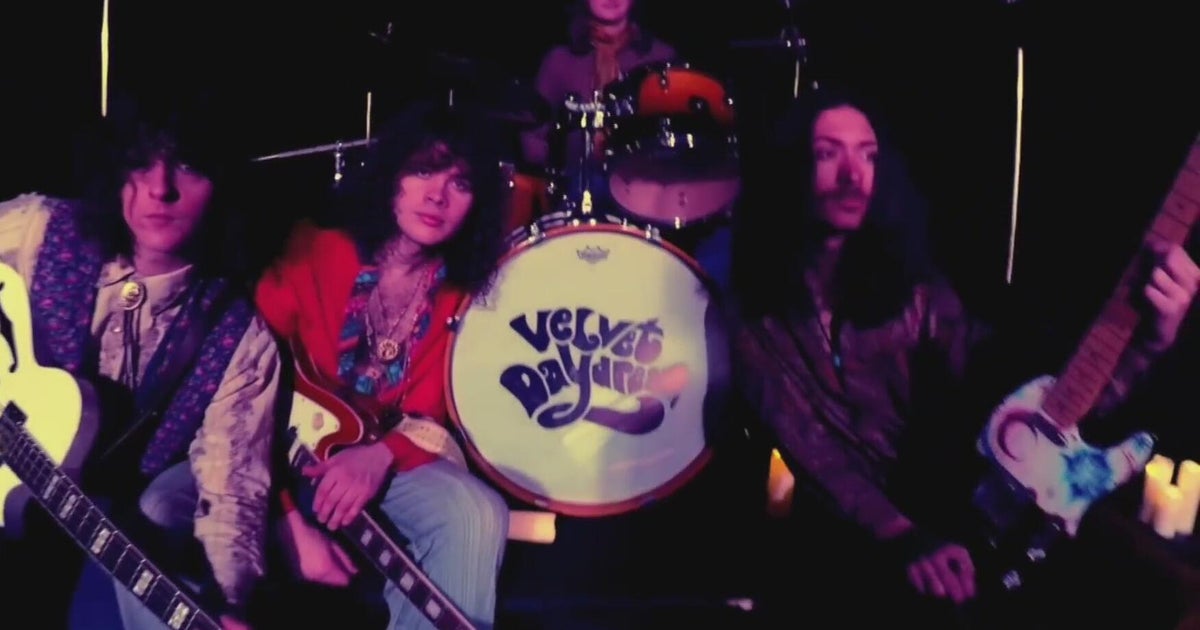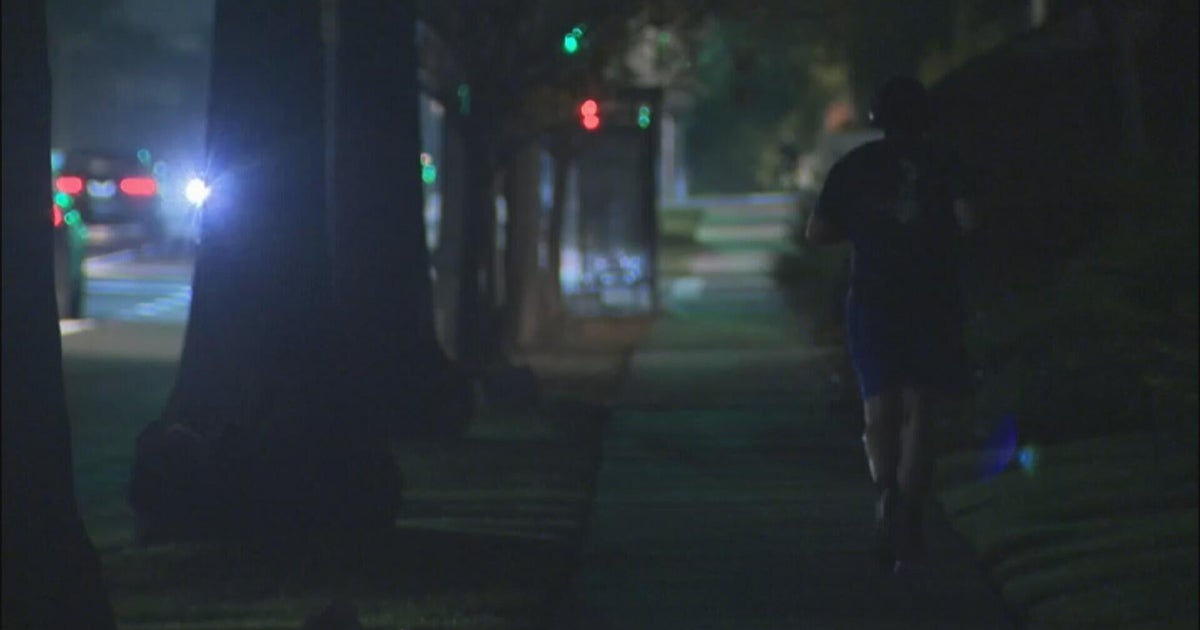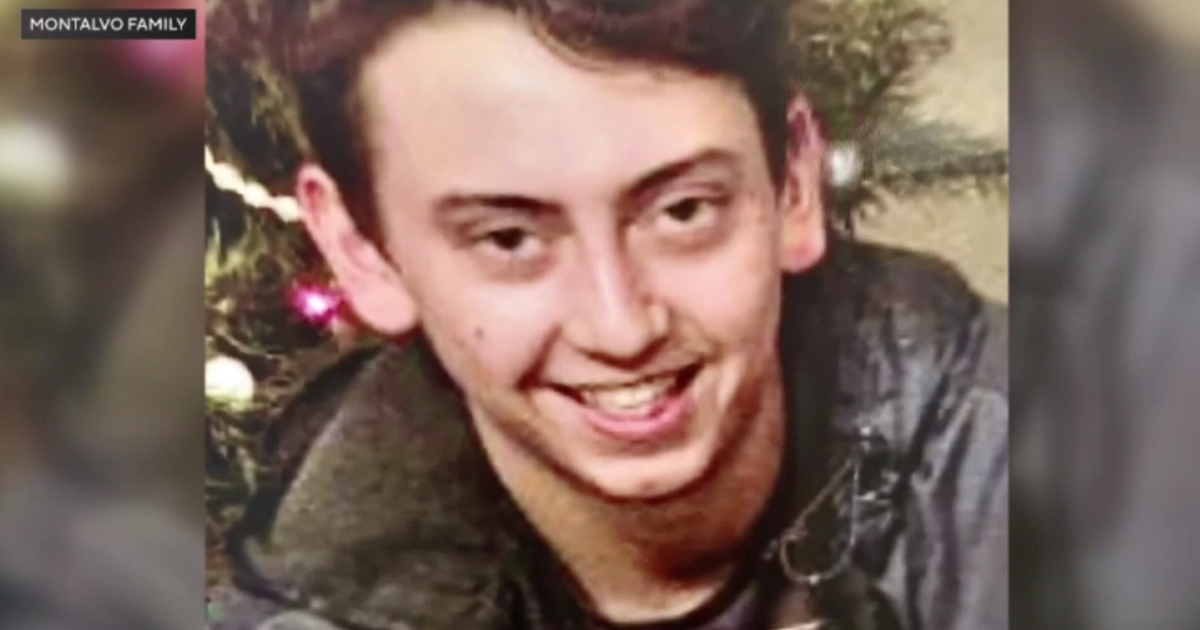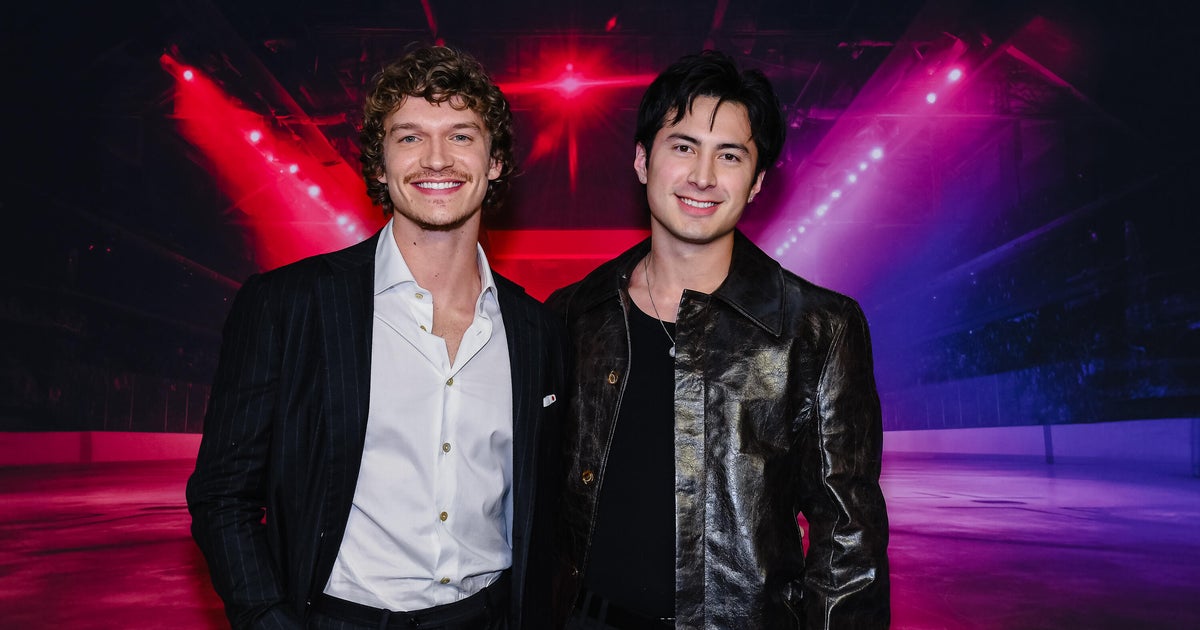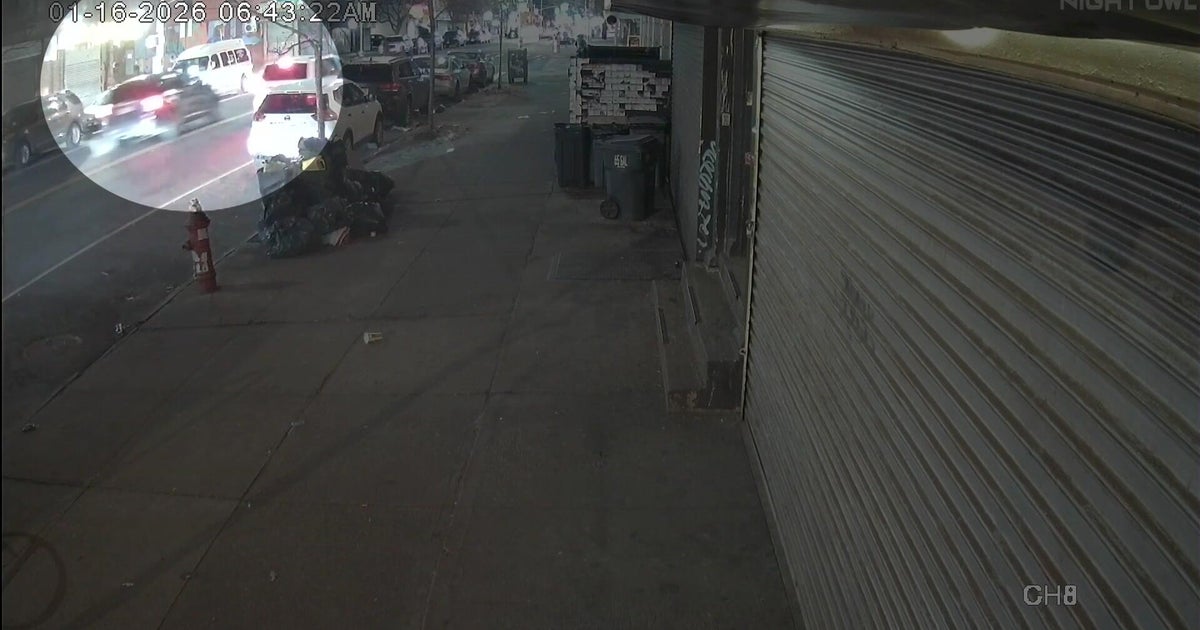Family of "Let's Get It On" songwriter sues pop star Ed Sheeran over "Thinking Out Loud" similarities
NEW YORK -- Singer-songwriter Ed Sheeran is being sued.
The family of the late writer behind the hit Marvin Gaye song "Let's Get It On" claims the pop star copied the song in his hit "Thinking Out Loud."
The two songs were released decades apart, but some say they sound seamless when paired together.
Those songs are now at the center of a legal battle between Sheeran and the estate of Ed Townsend, who wrote "Let's Get It On" by Marvin Gaye.
"It is about today and standing up not only for my father's work but all artists," said Townsend's daughter Kathryn Griffin-Townsend.
Civil rights attorney Ben Crump and his team say this is an ongoing issue in the music industry -- intellectual property being stolen from Black artists leading to the loss of generational wealth for their families.
"Mr. Sheeran blatantly took a Black artist's music who he doesn't view as worthy as compensation," Crump said.
Music and entertainment lawyer Charlie Sanders has been seeing lawsuits like this pop up more often, saying artists feel they're making less of a profit as music is being streamed more frequently.
"Until we see a business model in the music industry that's going to allow songwriters and composers to earn a living from what they do, we're going to continue to see litigation as an attempted income stream," he said.
This isn't the first time Sheeran has faced a lawsuit like this. Last March, he won in a copyright suit over his song "Shape of You." In his response last year on Instagram, he said lawsuits like this are damaging to an artist's reputation.
"Coincidence is bound to happen if 60,000 songs are being released every day on Spotify. That's 22 million songs a year, and there's only 12 notes that are available," he said.
READ MORE: Ed Sheeran wins copyright lawsuit over 2017 hit "Shape of You"
The plaintiffs report that emails went out within Sheeran's team acknowledging that the two songs sounded alike. They ask to be compensated based on the percentage of the song the court decides was copied.
Sanders says even if the chord progression was taken coincidentally, "Subconscious plagiarism is still copyright infringement."
This is expected to go to trial in federal court in New York on April 24.
We've reached out to Sheeran's attorney but have not yet heard back.
